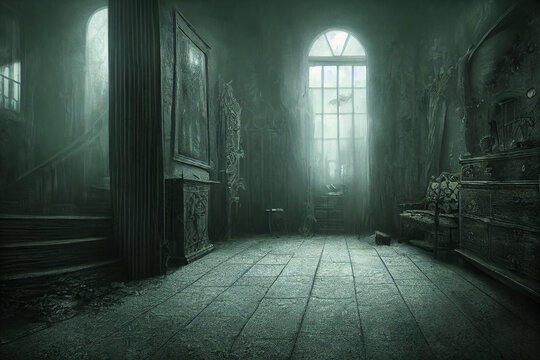The Future of Escape Rooms: A New Era of Entertainment
Escape rooms have swiftly
transitioned from niche puzzles to mainstream entertainment venues, captivating
participants with their unique blend of narrative and challenge. Originating in
Japan in the early 2000s, these immersive experiences have spread globally,
evolving significantly along the way. This journey from simple puzzle rooms to
complex adventures illustrates not just a change in the type of entertainment
people seek but also showcases the innovative use of technology and
storytelling.
The Origins and Conceptual
Foundation
The first escape room was created
by Takao Kato of Kyoto, Japan, in 2007. Inspired by video games where players
solve puzzles to progress through levels, Kato wanted to create a physical
version where players interact with their environment to unlock clues. This
basic concept of using clues to progress and eventually escape a room laid the
foundation for the escape rooms we know today. Early iterations were
simplistic, focusing primarily on logical puzzles and basic lock-and-key
mechanisms.

Technological Advancements
Enhance Immersion
As technology advanced, so did
escape rooms. The integration of sophisticated technology transformed these
experiences from simple puzzle-solving to immersive adventures. Rooms now
feature automated mechanisms, RFID technology, and augmented reality elements
that make the gameplay more engaging and realistic. These advancements have
allowed designers to create more intricate and believable settings that pull
players into the story, making the experience more intense and thrilling.
Source
https://www.mapquest.com/us/oregon/hour-to-midnight-escape-rooms-portland-432139976
The Role of Storytelling and
Themes
The evolution of escape rooms is
also marked by a significant enhancement in storytelling. Initially, the
narratives were straightforward, often lacking depth. However, as the
popularity of escape rooms grew, so did the complexity of their themes and
stories. Modern escape rooms offer a variety of themes from horror and mystery
to adventure and fantasy, each with its own unique set of puzzles and narrative
techniques. This shift towards rich storytelling ensures that each room offers
a unique experience, appealing to a broader audience and increasing
replayability.
Escape Rooms as Social and
Educational Tools
Escape rooms have also found a
niche as educational and team-building tools. Educational institutions and
corporations use escape rooms for skills development, including
problem-solving, teamwork, and communication. The controlled environment
provides a safe space for players to experiment with different strategies,
making it an effective learning tool. Additionally, the fun and exciting nature
of escape rooms make them perfect for team-building exercises, as they require
collaboration and communication to succeed.